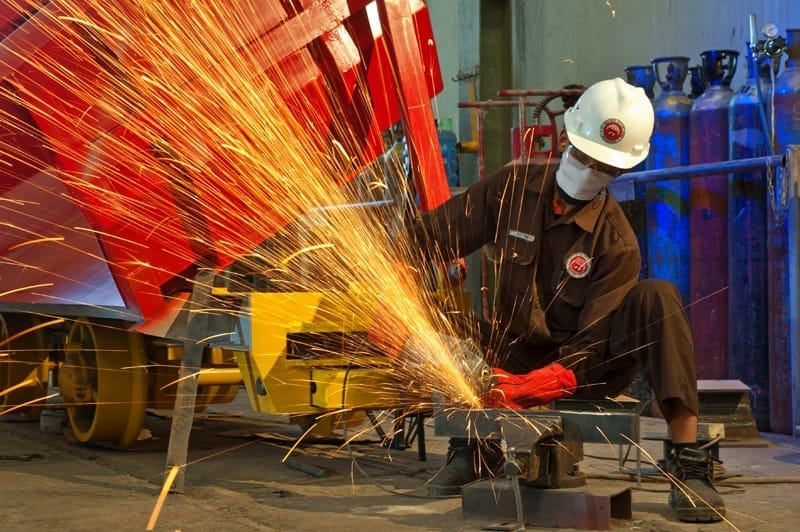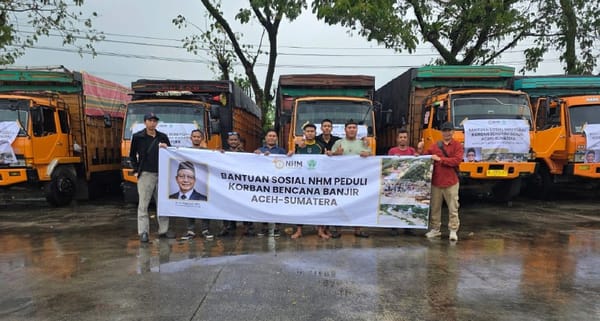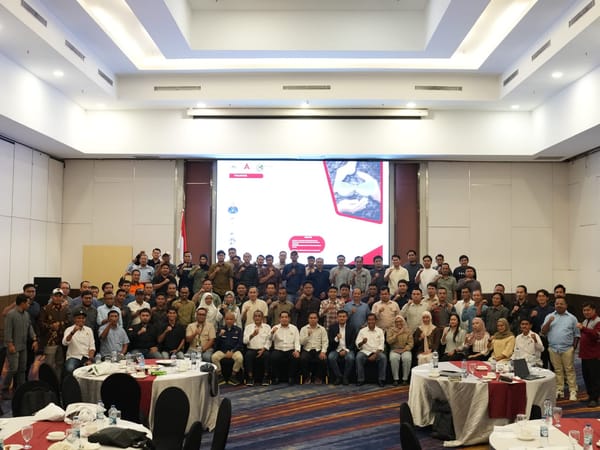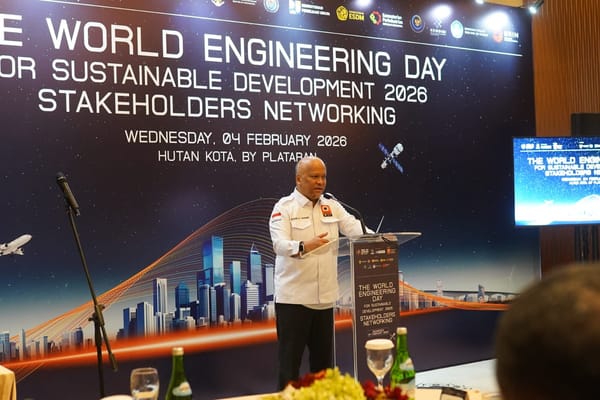In Support Of Local Products



PT Nusa Halmahera Minerals (NHM) menyalurkan bantuan kemanusiaan untuk masyarakat Aceh sebagai bentuk dukungan nyata terhadap upaya penanganan kondisi darurat yang tengah dihadapi wilayah tersebut.

Jakarta,TAMBANG,- Perusahaan tambang memiliki kewajiban mengelola pertambangan dengan baik. Salah satunya adalah kegiatan reklamasi dan pasca tambang. Terkait hal ini, Perhimpunan Ahli Pertambangan Indonesia (PERHAPI) Perwakilan Sulawesi Tenggara dan Inspektur Tambang Kementerian Energi dan Sumber Daya Mineral (ESDM) menyelenggarakan Pelatihan. Pelatihan kali ini mengangkat topik "Training Reklamasi

Persatuan Insinyur Indonesia (PII) dipilih menjadi penyelenggara perayaan World Engineering Day (WED) 2026, yang akan berlangsung di Jakarta 3-5 Maret 2026.

Indonesia siap berlaga dalam ajang International Mine Rescue Competition (IMRC) 2026 yang digelar di Zambia dengan mengirim Garuda Mine Rescue Team sebagai wakil nasional.